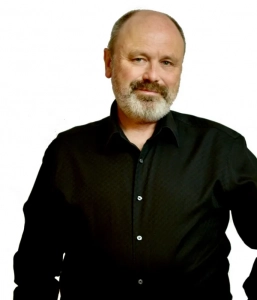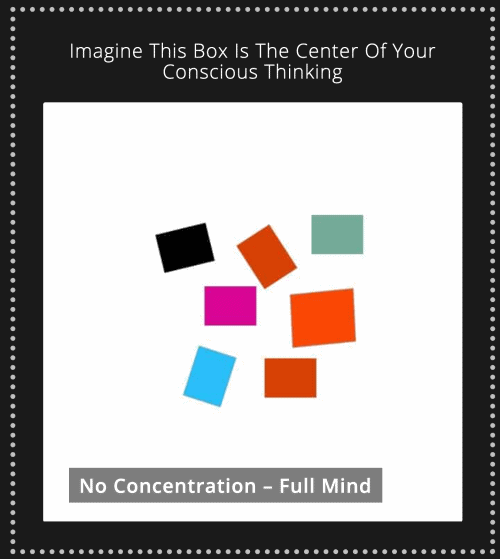Multitasking is a myth. Don’t try to overload your brain – it won’t perform any task properly if you ask it to do several at once. It’s either focus – or chaos.
Why brains can’t do multitasking
The brain is obviously capable of incredible things. One of the things it can’t do, is multitask. Contrary to popular belief, the brain can’t focus on multiple tasks simultaneously. In fact, trying to do so, decreases productivity and increases mistakes.
So why is it that we feel like we can multitask successfully most of the time?
Learn more about the science behind your lack of focus and how you can improve your concentration skills in this article.
Why multitasking doesn’t work
While the brain is a master at many tasks, it is unable to perform other demands, such as multitasking. The brain isn’t able to focus on multiple tasks simultaneously.
What happens when you try to multitask?
When you try to multitask (and when you think your brain is multitasking), your brain has to switch back and forth between tasks, which takes time and energy. This switching back and forth can lead to what’s called task interference, which decreases productivity and increases mistakes.
So why do we feel like we can multitask successfully most of the time?
It’s because our brain is good at task switching. Task switching is when the brain quickly shifts its focus from one task to another. And while task switching may sound similar to multitasking, there’s a big difference.
Task switching is an efficient way to handle multiple tasks in a limited period of time. The brain can quickly focus on one task and then shift its attention to another task, when needed. But that’s no multitasking. The brain can’t focus on two tasks simultaneously. You cannot focus with your eyes on two different pictures at the same time. And you cannot listen to two speeches simultaneously.
That’s what focus is made for: one point, one task.
If you want to be more productive, it’s important to understand the difference between task switching and multitasking.
You can productively practice task switching if you are aware of the fact that quality work needs energy and time.
Also for the brain.

Johannes Faupel: Author “Mind Rooms”
Johannes Faupel – Frankfurt am Main, Germany
- Systemic therapist and consultant
- Certified by the Systemic Society – Systemische Gesellschaft (SG)
- Certified by the International Society for Systemic Therapy – Internationale Gesellschaft für Systemische Therapie IGST.
- Practice as Systemic Therapist and Coach in Frankfurt am Main, Germany
- Johannes Faupel at LinkedIn
- johannesfaupel.com
